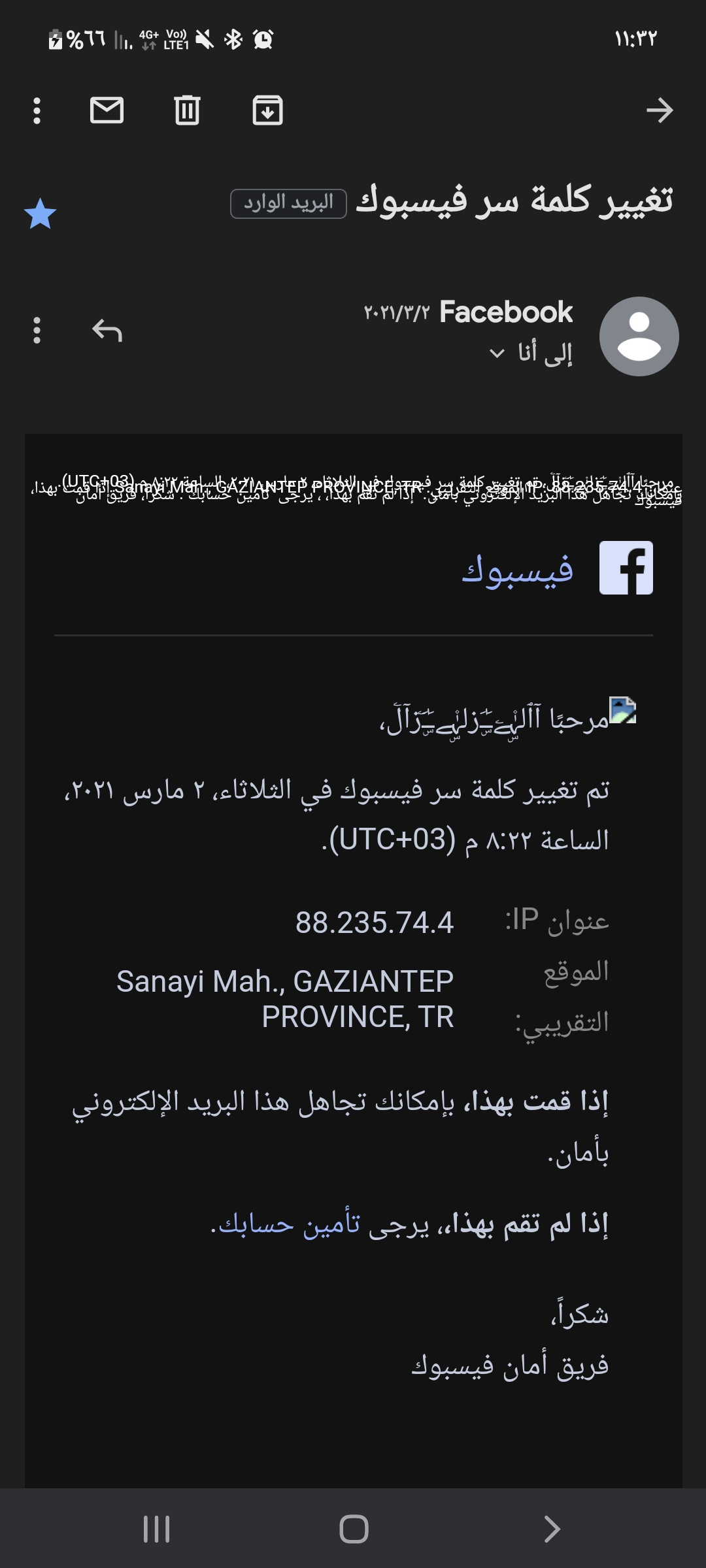Library for serializing the Atom web content syndication format.
This crate requires Rustc version 1.57.0 or greater.
Add the dependency to your Cargo.toml.
[dependencies]
atom_syndication = "0.12"Or, if you want Serde include the feature like this:
[dependencies]
atom_syndication = { version = "0.12", features = ["with-serde"] }The package includes a single crate named atom_syndication.
extern crate atom_syndication;A feed can be read from any object that implements the BufRead trait or using the FromStr trait.
use std::fs::File;
use std::io::BufReader;
use atom_syndication::Feed;
let file = File::open("example.xml").unwrap();
let feed = Feed::read_from(BufReader::new(file)).unwrap();
let string = "<feed></feed>";
let feed = string.parse::<Feed>().unwrap();A feed can be written to any object that implements the Write trait or converted to an XML string using the ToString trait.
Note: Writing a feed does not perform any escaping of XML entities.
use std::fs::File;
use std::io::{BufReader, sink};
use atom_syndication::Feed;
let file = File::open("example.xml").unwrap();
let feed = Feed::read_from(BufReader::new(file)).unwrap();
// write to the feed to a writer
feed.write_to(sink()).unwrap();
// convert the feed to a string
let string = feed.to_string();As a best effort to parse invalid feeds atom_syndication will default elements declared as "required" by the Atom specification to an empty string.
Licensed under either of
- Apache License, Version 2.0, (LICENSE-APACHE or http://www.apache.org/licenses/LICENSE-2.0)
- MIT license (LICENSE-MIT or http://opensource.org/licenses/MIT)
at your option.


